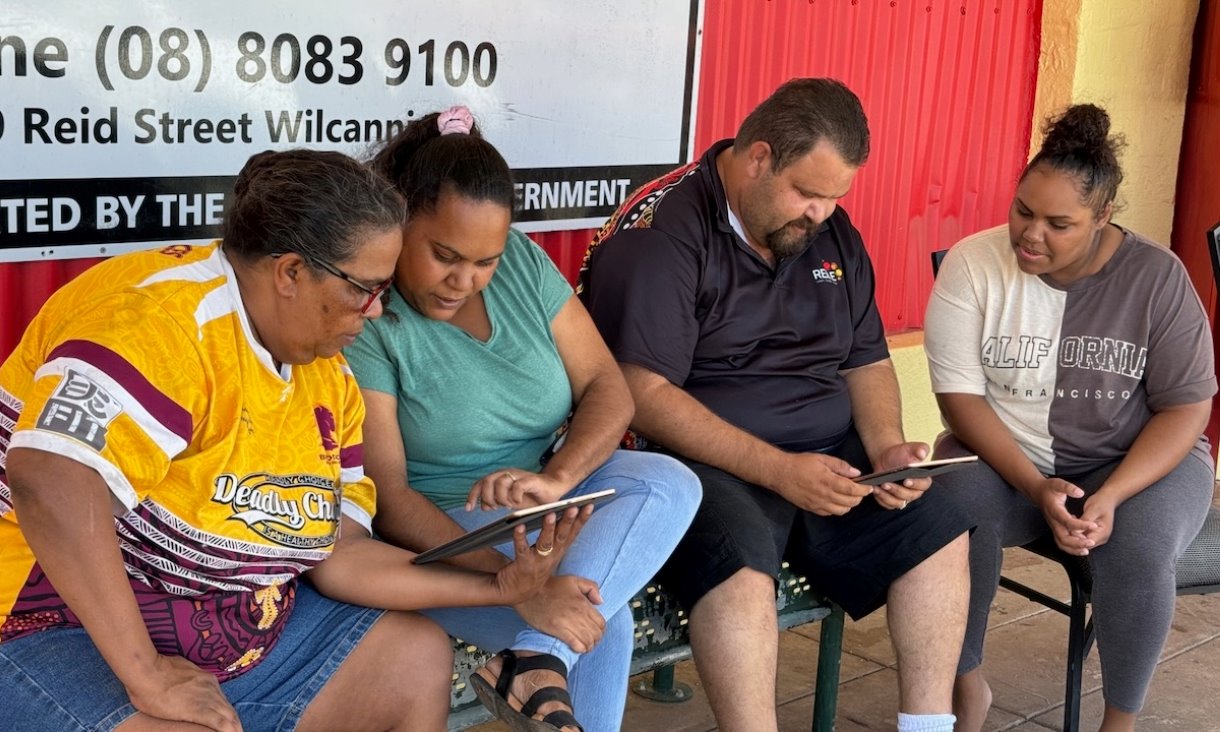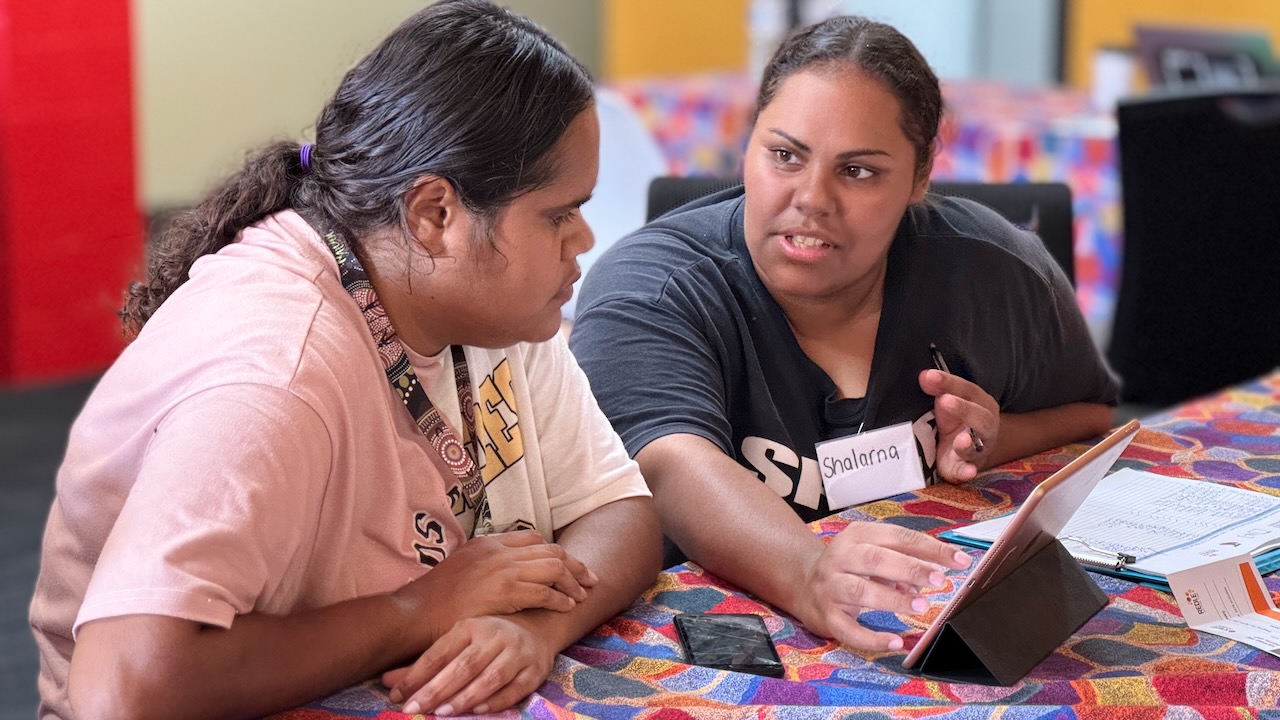Independent Mental Health Advocacy (IMHA) is a non-legal service within Victoria Legal Aid that supports people who are receiving involuntary mental health treatment.
An evaluation of IMHA’s first three years completed by RMIT’s Social and Global Studies Centre has found the service is providing valuable support to those who have accessed it, though it is not yet reaching everyone who is eligible.
IMHA staff visit all designated mental health services in Victoria and help patients to use their rights and influence decisions about their assessment, treatment and recovery.
IMHA Manager Helen Makregiorgos said involuntarily receiving mental health treatment was a daunting prospect and IMHA advocates regularly saw people who did not know about their rights.
“We support people to learn about their rights and have as much of a say as possible when really big decisions are being made about their treatment,” she said.
“This can include what medication they will be given and in what doses so they don’t have to undergo unnecessary, or unwanted treatment.”
Lead researcher, RMIT’s Dr Chris Maylea, said the evaluation, which included feedback from over 460 people including those who had used IMHA’s services and clinicians in mental health services, showed it had been successful in an extremely challenging environment.
“IMHA is exceeding its key targets but it isn’t currently able to help everyone who needs it,” he said.
“We found that to reach all Victorians who need the service, anyone who is placed on a compulsory treatment order should be referred to IMHA.”
IMHA was set up by the Victorian Government in 2015 as Victoria’s new Mental Health Act was brought in.
The evaluation identified that services often breached the Act, but that IMHA was helping to improve compliance and patient outcomes.
Maylea said this showed the need for a focus on involuntary mental health treatment in as the Royal Commission into Victoria’s Mental Health System progressed.
“We hope the Commission considers the need for mental health professionals to be trained to better understand the rights of people subject to compulsory treatment and the principles of using least restrictive treatment under the Mental Health Act,” he said.
Story: Grace Taylor


.jpg)

